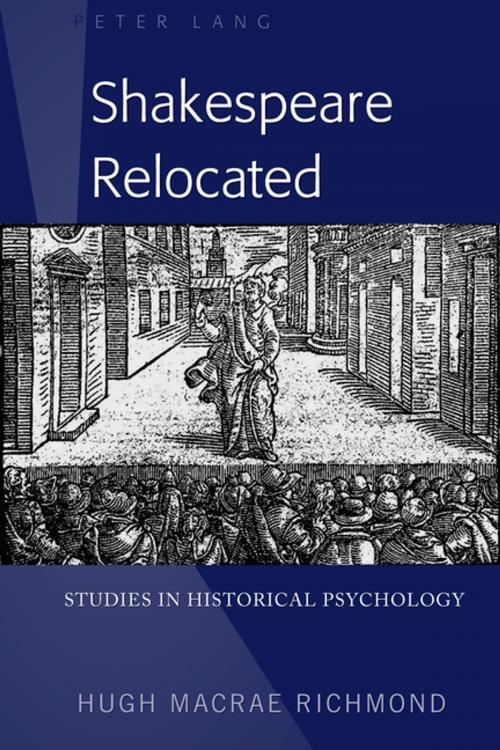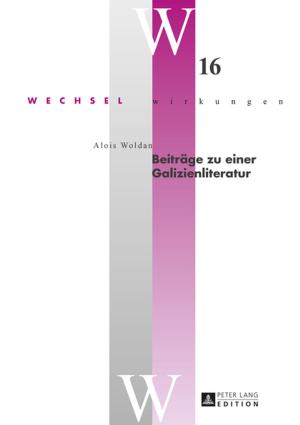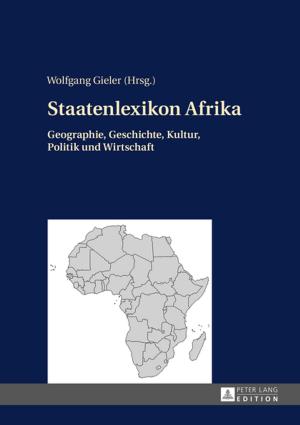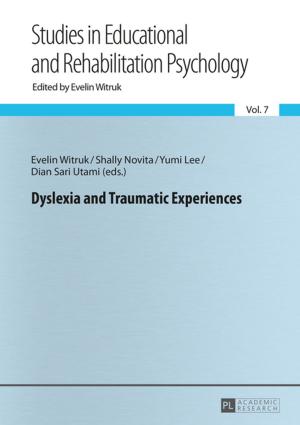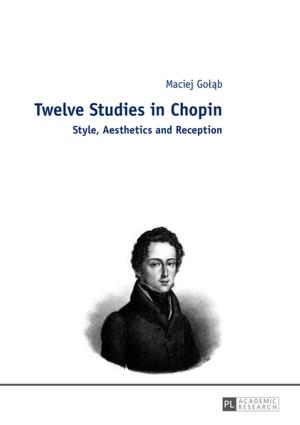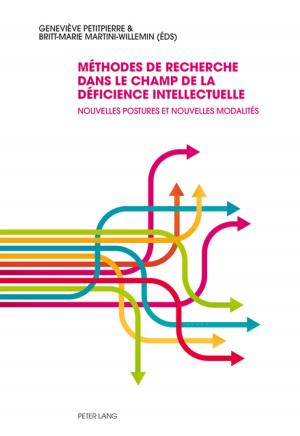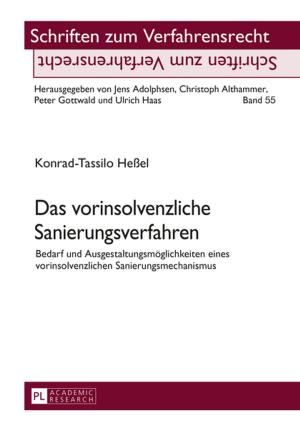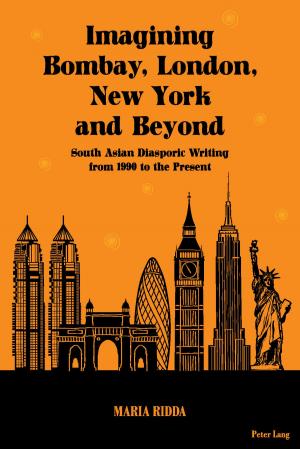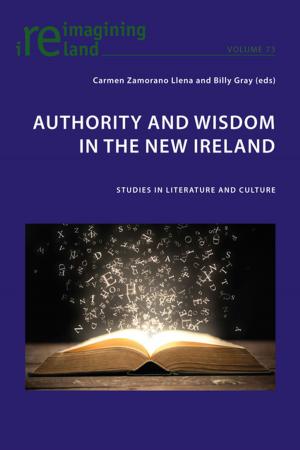Shakespeare Relocated
Studies in Historical Psychology
Fiction & Literature, Literary Theory & Criticism, British, Drama, Nonfiction, Entertainment| Author: | Hugh Macrae Richmond | ISBN: | 9781433146756 |
| Publisher: | Peter Lang | Publication: | January 9, 2018 |
| Imprint: | Peter Lang Inc., International Academic Publishers | Language: | English |
| Author: | Hugh Macrae Richmond |
| ISBN: | 9781433146756 |
| Publisher: | Peter Lang |
| Publication: | January 9, 2018 |
| Imprint: | Peter Lang Inc., International Academic Publishers |
| Language: | English |
In Shakespeare Relocated, Hugh Macrae Richmond uses his previously published essays to illustrate the development of modern attitudes towards religion, politics, and sexuality. He traces the complex evolution from classical and medieval sources to Reformation and Renaissance ones by reviewing literary themes, styles, and attitudes. He stresses Shakespeare’s unique place in the evolution of historical psychology as an author profoundly affected by the Reformation. This study of developing sensibility employs a method of critical analysis bridging the apparent gap between scholarly research and practical criticism and transcends the discontinuities and tensions in modern literary theory. He seeks to harmonize the critical alertness of the New Critics with the traditional scholarship of their opponents, while avoiding the narrowness of many fashionable modern methodologies such as New Historicism, Neo-Freudianism, radical feminism, etc. This historical perspective involves a comparative critical procedure defined as "syncretic criticism." It combines close reading and comprehensive perspective over previous literary analogues to identify distinctive progressions towards many modern attitudes about politics, morality, sexuality, and fashion.
In Shakespeare Relocated, Hugh Macrae Richmond uses his previously published essays to illustrate the development of modern attitudes towards religion, politics, and sexuality. He traces the complex evolution from classical and medieval sources to Reformation and Renaissance ones by reviewing literary themes, styles, and attitudes. He stresses Shakespeare’s unique place in the evolution of historical psychology as an author profoundly affected by the Reformation. This study of developing sensibility employs a method of critical analysis bridging the apparent gap between scholarly research and practical criticism and transcends the discontinuities and tensions in modern literary theory. He seeks to harmonize the critical alertness of the New Critics with the traditional scholarship of their opponents, while avoiding the narrowness of many fashionable modern methodologies such as New Historicism, Neo-Freudianism, radical feminism, etc. This historical perspective involves a comparative critical procedure defined as "syncretic criticism." It combines close reading and comprehensive perspective over previous literary analogues to identify distinctive progressions towards many modern attitudes about politics, morality, sexuality, and fashion.
